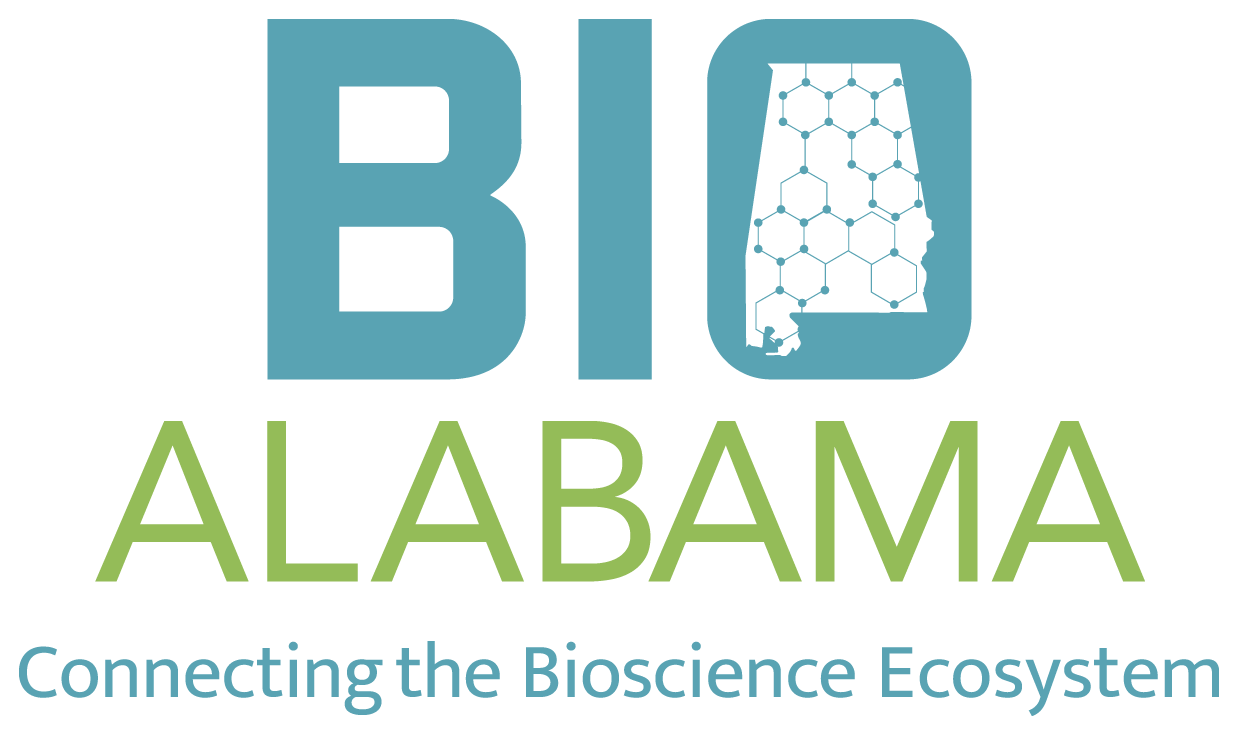TUSCALOOSA, Ala. – Three professors specializing in biomedical sciences, biochemistry and bioengineering will join The University of Alabama during the upcoming spring semester, boosting research and innovation in novel design and engineering of advanced drug delivery systems.
Dr. Ravi Kumar will be a professor in the College of Community Health Sciences with an adjunct appointment in the College of Engineering’s Department of Chemical and Biological Engineering. Internationally recognized for his significant contributions to nanomedicine research with applications for the treatment of human health and diseases, Kumar will also lead the convergent bioscience and medicine initiative under the Alabama Life Research Institute.
Along with Kumar, Drs. Meenakshi Arora and Raghu Ganugula will join CCHS as associate professor and assistant professor, respectively. Arora researches the development of biomaterials for therapeutic applications, specifically for autoimmune and inflammatory disease conditions. Ganugula has expertise in biotechnology and pharmacological testing of novel bioactives and drug delivery systems.
The Office for Research and Economic Development, the Office for Academic Affairs and CCHS partnered in support of the research group’s move to UA.
“These three outstanding researchers bring a wealth of experience that will advance the University’s research enterprise through collaboration with our existing faculty while enriching the experience of our students,” said Dr. Russell J. Mumper, UA vice president for research and economic development. “They are among the world leaders working in the critical nexus of bioscience and medicine, and they will continue tackling some of the greatest challenges in improving human health.”
The team will join UA from the Texas A&M University College of Pharmacy, where Kumar leads the premier laboratory in the world in nanotechnology-based oral drug delivery systems. The team currently has about $5.8 million in sponsored research projects, including three Research Project Grants, also known as R01s, from the National Institutes of Health.
“The College of Community Health Sciences is committed to improving care and treatment for those suffering medically, and this team’s ingenuity in targeting drug delivery furthers and expands our mission and opportunity for collaboration that brings benefits to our faculty and clinical professionals,” said Dr. Richard Friend, CCHS dean.
Their lab and convergent bioscience and medicine initiative will be established in the AIME Building as part of ALRI, which brings together researchers from across campus to study problems that directly affect the health and well-being of individuals and communities in Alabama, as well as across the nation and world.
“Advancing solutions in biosciences requires interdisciplinary teams, and the addition of this distinguished group brings another dimension to UA’s ability to better the human condition through new intellectual and technical resources,” said Dr. Sharlene Newman, ALRI executive director.
Kumar works with basic and clinical scientists in establishing novel drug delivery mechanisms and their application to inflammatory, infectious and vascular disease conditions, and his published research is widely followed by other researchers in the field.
He was first to propose and demonstrate a non-competitive active targeting nanosystem and its application to diseases. His lab employed this platform in the treatment of difficult to treat diseases such as lupus, diabetes complications and intraocular inflammation in rodent and canine models respectively. His work has advanced fundamental understanding of blood-intestine and other biological barriers and has led to the development of two patents. These technologies have facilitated industry collaborations, as well as the formation of a spinoff company
In February, Kumar will be inducted into the American Association for the Advancement of Sciences for his contributions to drug delivery. He is also a Foreign Fellow with the European Academy of Sciences, and Fellow with the American Association of Pharmaceutical Sciences, and has received a number of other national and international awards.
His tenure at Texas A&M began in 2013 after about five years as a professor at the University of Strathclyde in the United Kingdom. He was also an assistant professor at the National Institute of Pharmaceutical Education and Research in India, and a research fellow at Saarland University in Germany.
Kumar earned a doctorate in drug delivery from the Indian Institute of Technology Roorkee in 2000, a masters of applied chemistry from Devi Ahilya Vishwavidyalaya and a bachelor’s degree in physical sciences from Nagarjuna University.
Arora is an assistant professor of research at Texas A&M, where she has also been a research scientist. Arora has been an integral member of the research team with Kumar at previous posts, including post-doctoral work in other labs. She earned a doctorate in chemistry in 2001 and a masters of organic chemistry from the Indian Institute of Technology Roorkee as well as a bachelors of chemistry, zoology and botany from Chaudhary Charan Singh University.
At Texas A&M, Ganugula is an assistant professor of research and was previously an assistant research scientist and postdoctoral researcher. He graduated in 2011 with a doctorate in biotechnology from Central Institute of Fisheries Technology in India, a masters in biotechnology from Andhra University and a bachelors of chemistry, botany and zoology from A.M.A.L. College.
https://news.ua.edu/2020/11/biomedical-sciences-team-joins-the-university-of-alabama/
The University of Alabama, the state’s oldest and largest public institution of higher education, is a student-centered research university that draws the best and brightest to an academic community committed to providing a premier undergraduate and graduate education. UA is dedicated to achieving excellence in scholarship, collaboration and intellectual engagement; providing public outreach and service to the state of Alabama and the nation; and nurturing a campus environment that fosters collegiality, respect and inclusivity.
Additional news about The University of Alabama can be found at: https://news.ua.edu/news-media/

